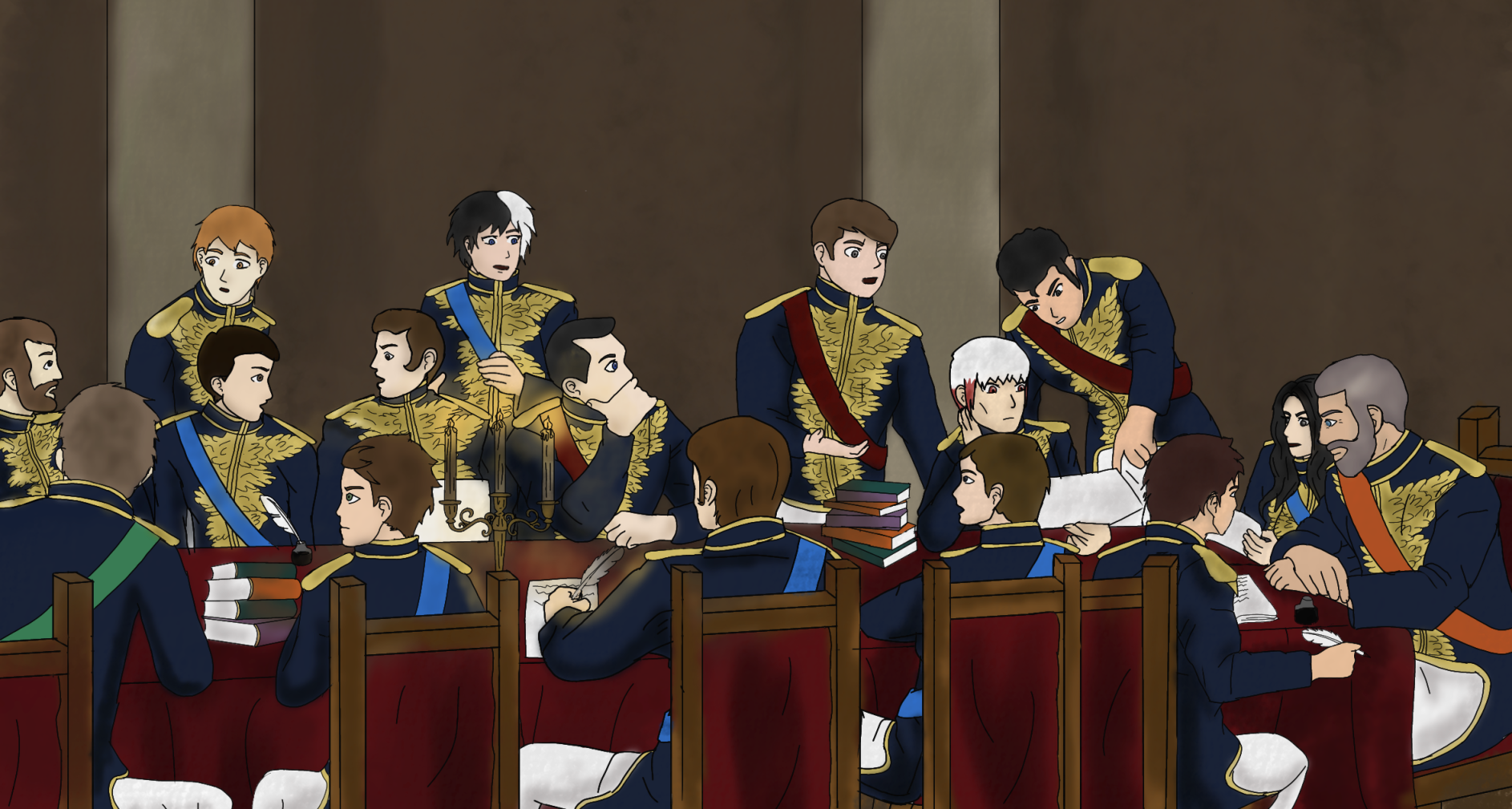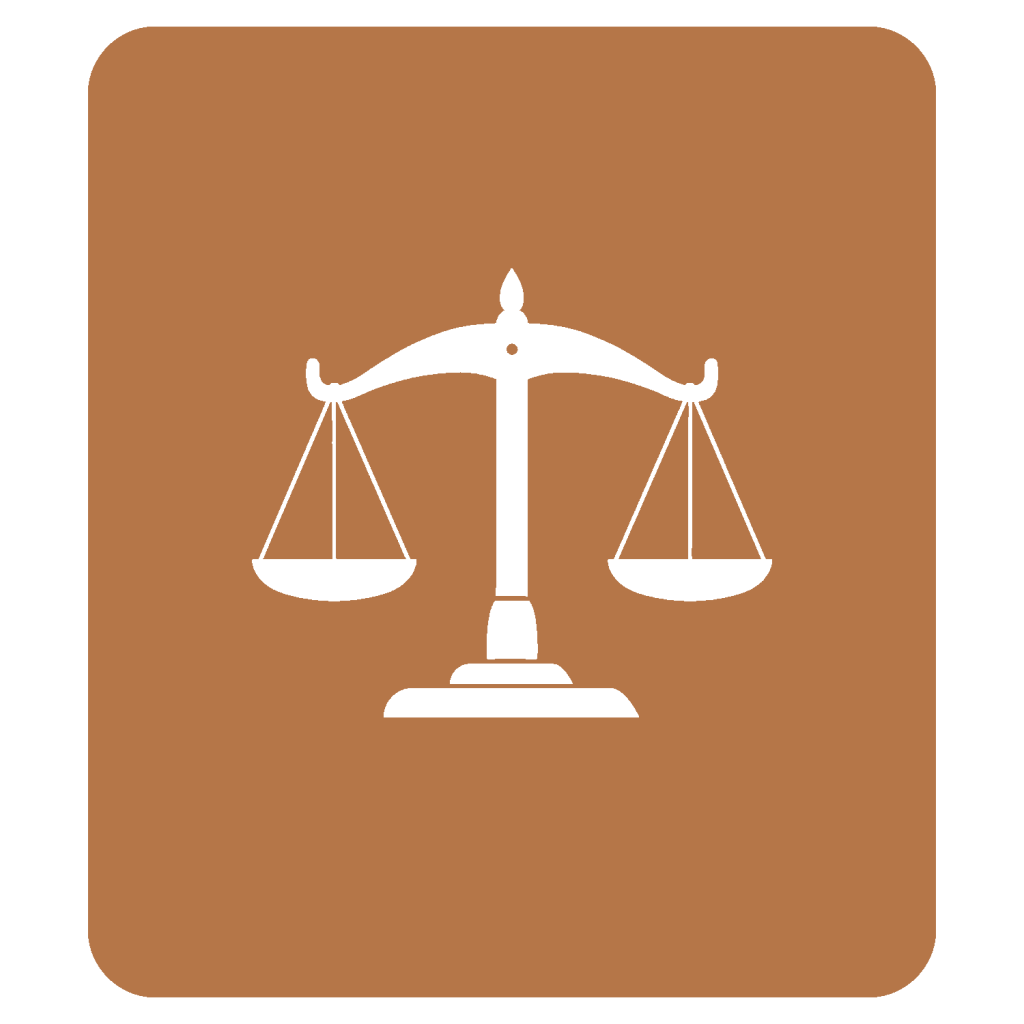
300+
Parliamentary Sessions

90+
Acts of Parliament

50+
MPs and Civil Servants

5+
Commonwealth Members
tel Parlarmente Imperial
50+
Ministers and Parliamentary Secretaries
Together, the House of Commons and the Assembly of Peers reach consensus daily, delivering the best results for Sarovians across the wider Empire. These two chambers create the Imperial Parliament. The Imperial Parliament, alongside members of the Cabeno or Cabinet and of course, the Sovereign, create laws for the betterment of Sarovia.

Legennos do Parlarmente
Laws that are passed by the House of Commons and the Assembly of Peers are known as Acts of Parliament, and are the most common type of law.
Acts of Parliament →

Rozirre-da-Conseili
The Prime Minister alongside other Ministers can exercise the powers of the Sovereign to craft policies with the force of law, known as RDCs.
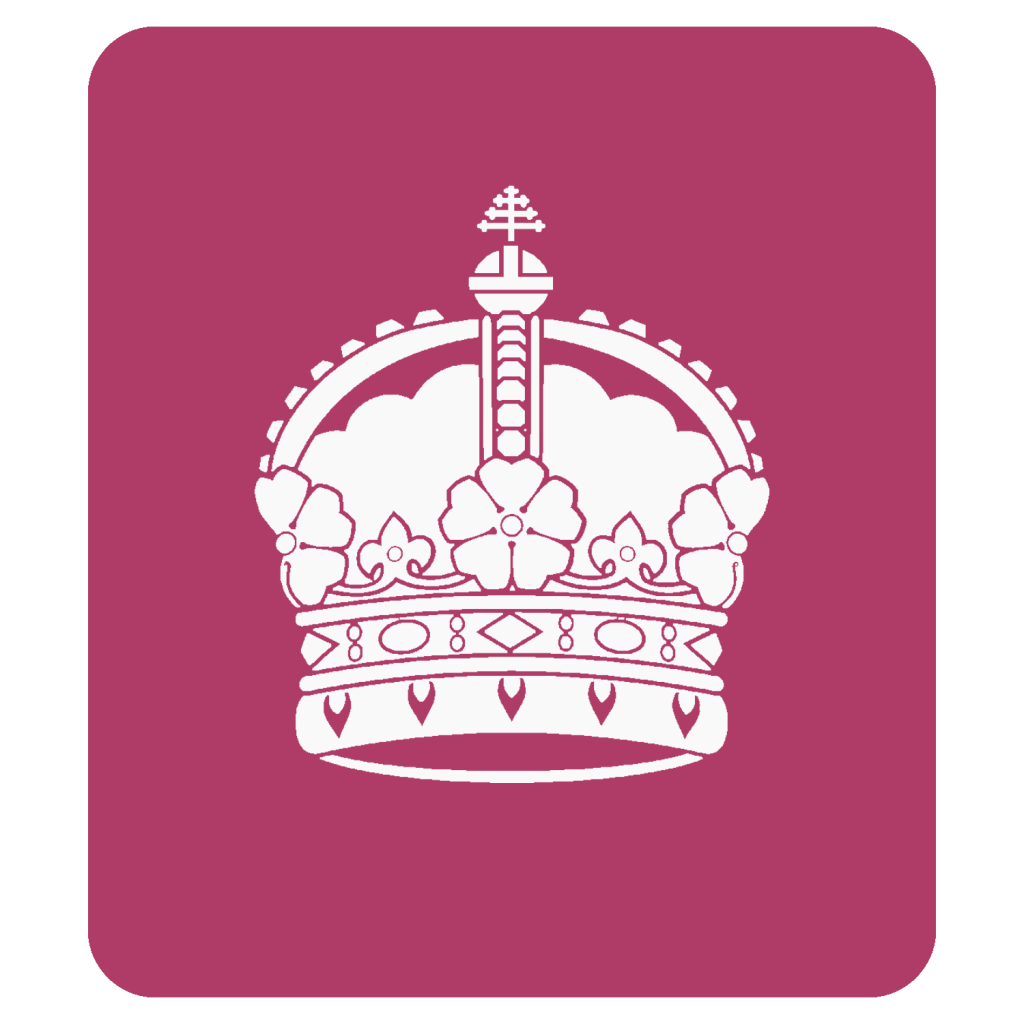
Lettaros Uvir
The Sovereign may issue letters patent or edicts that create positions or institutions, or grant honours such as noble titles and coats of arms.
Letters Patent →

Ordennos Imperial
The Imperial Federation as the council governing all culturally Sarovian states can issue imperial ordinances which become law in all member states.
Imperial Ordinances →
tel Cabeno
While the Sovereign possesses all of the powers of state, the Clemmeno Escuvo (Executive Committee) of the Privy Council, or the Cabinet, wields His authority. The members of the Cabinet are known as Ministoros.
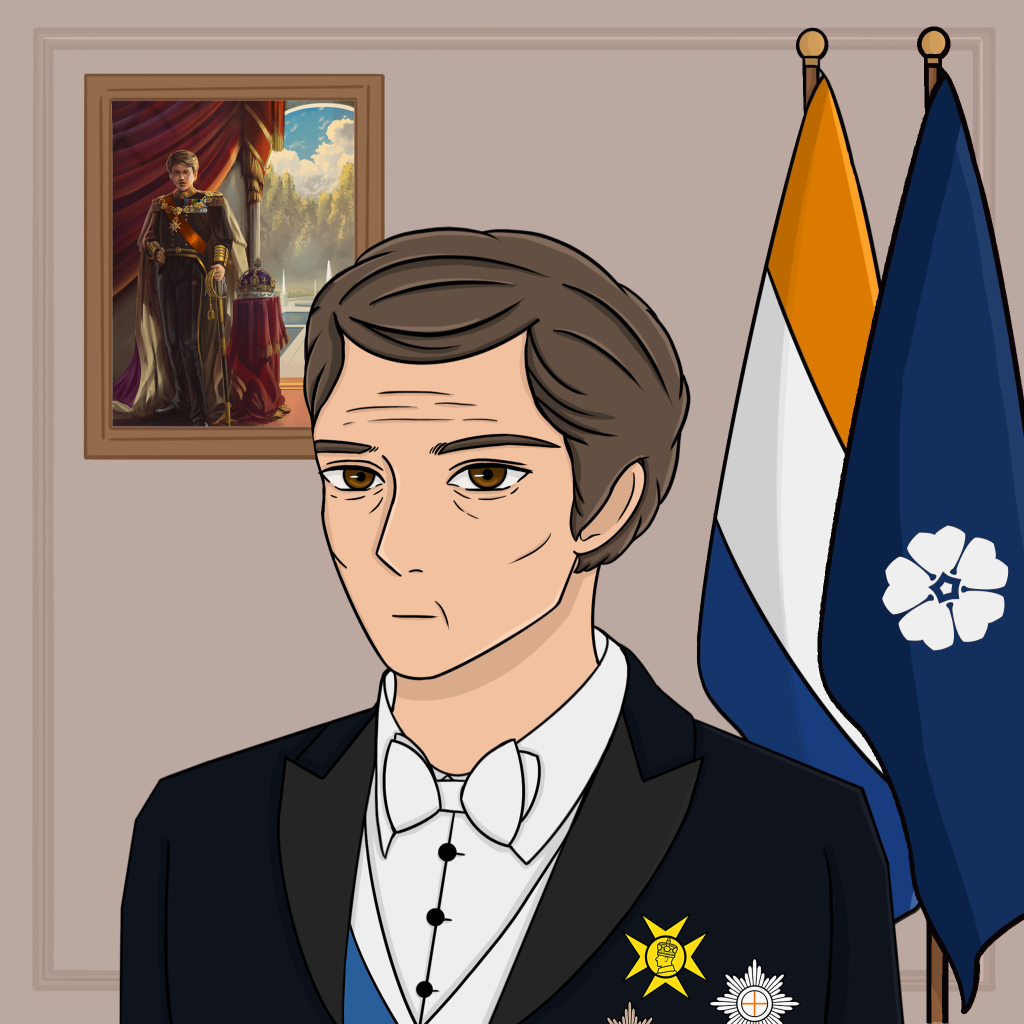
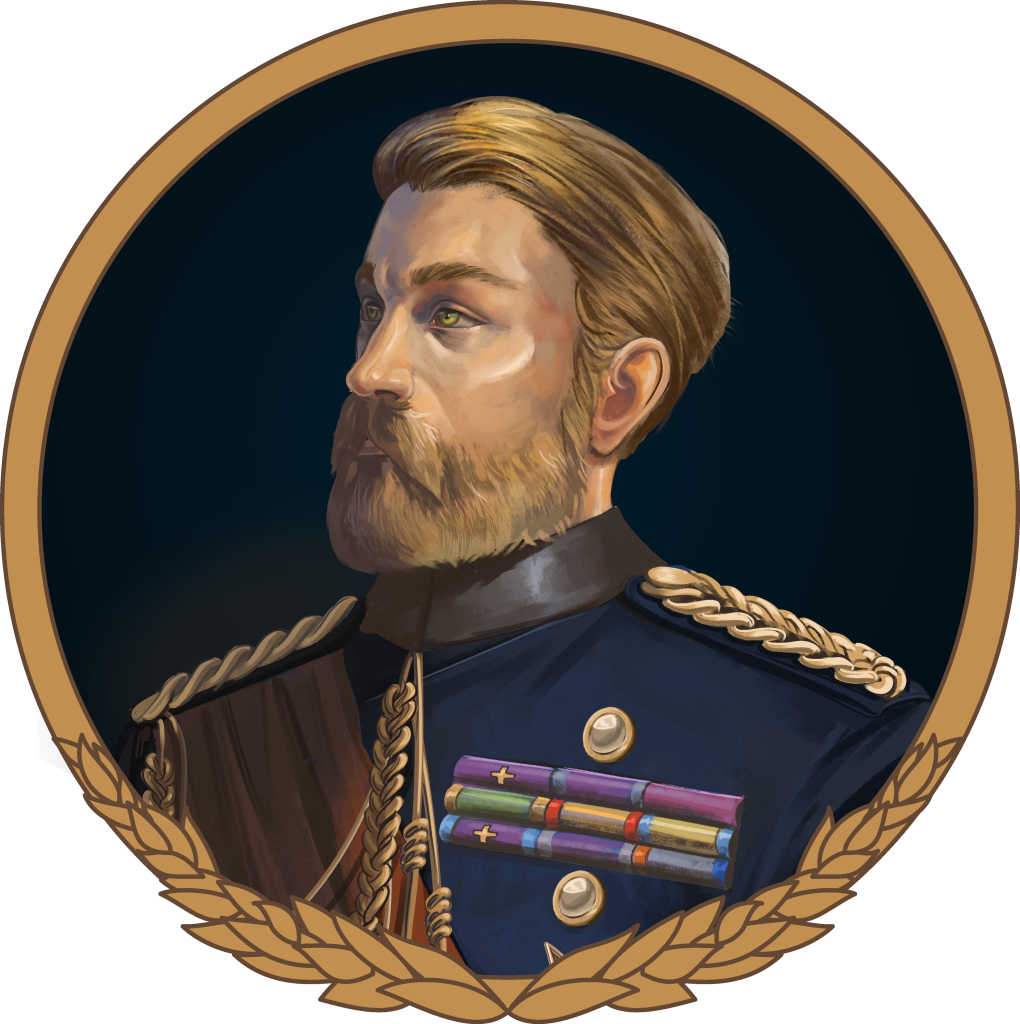
tel Rozirre
At the root of everything is the Sovereign – Carolus XIII. As the King of the Sarovians and the Emperor of the Sarovian Commonwealth, Carolus XIII wields constitutional authority, performing a variety of official state and ceremonial duties and keeping Sarovia and the Commonwealth free and active.
tel Ministos
10+
Ministries and Departments
The Cabeno or Cabinet leads the Civil Service, which in turn manages and operates over ten different Ministries, each with their own jurisdiction, policies and details.

Defenasaca
The Ministry of Defence is responsible for the safety of the Empire and the management of the Imperial Sarovian Army and the Imperial Sarovian Navy.
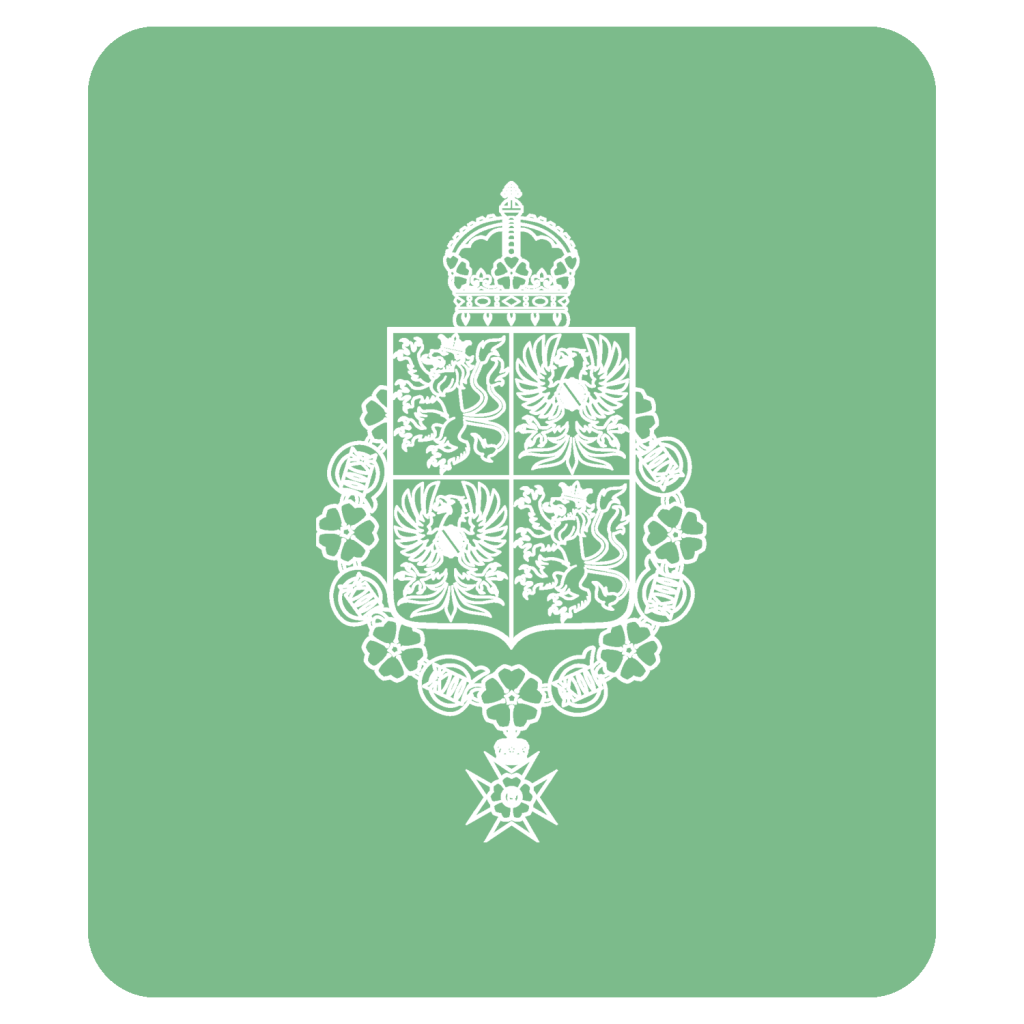
Fisnace
The Ministry of Finance is responsible for the economic wellbeing of the Empire, including trade, currency exchanges, salary and more.

Fasitios Comerronna
The Ministry of Colonial and Commonwealth Affairs is responsible for diplomacy with unrecognised nations and Sarovian Commonwealth Member states.

Provencos
The Minister for the Provinces is responsible for ensuring co-operation between the Sarovian provinces of Vurgos, Preuze, Preuze Tella and Cuive.
